How our universities are supporting COP26
COP26 in Glasgow is showcasing the innovation and research influencing policy makers’ decisions on climate change. Find out how SES member universities are contributing.
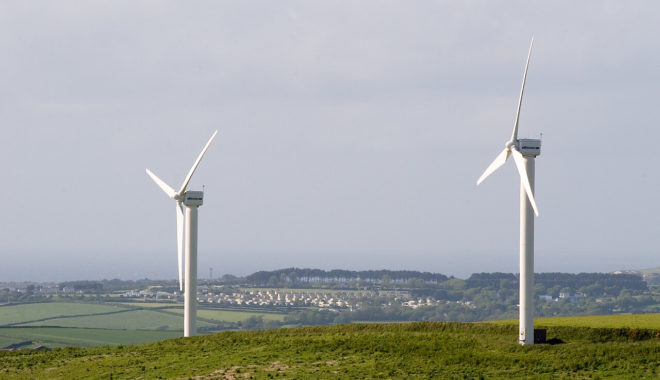
COP26 in Glasgow is showcasing the innovation and research influencing policy makers’ decisions on climate change. Find out how SES member universities are contributing.
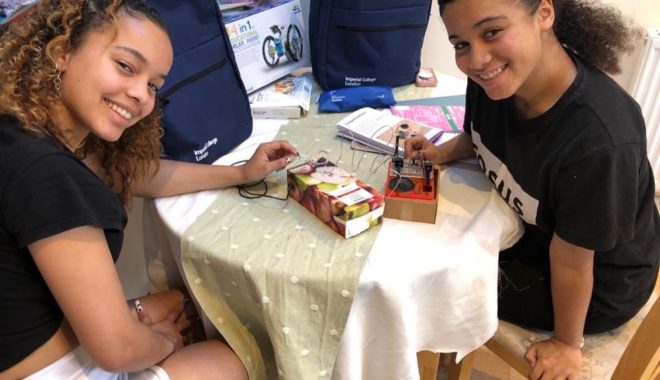
Celebrating the collective successes of Science and Engineering South member universities in the UK Knowledge Exchange Framework
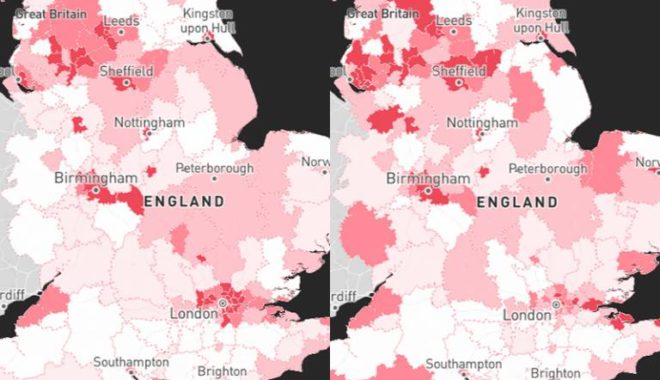
Spending on mental health in England could be targeted better in future, thanks to a modelling tool developed by researchers from two Science and Engineering South institutions
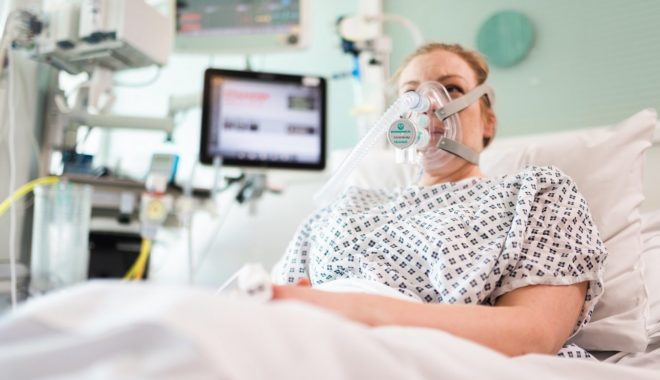
University equipment sharing databases were a response to new grant funding requirements, but Chris Wilkinson reports that the University of Cambridge’s database is taking on added significance in the COVID-19 pandemic.
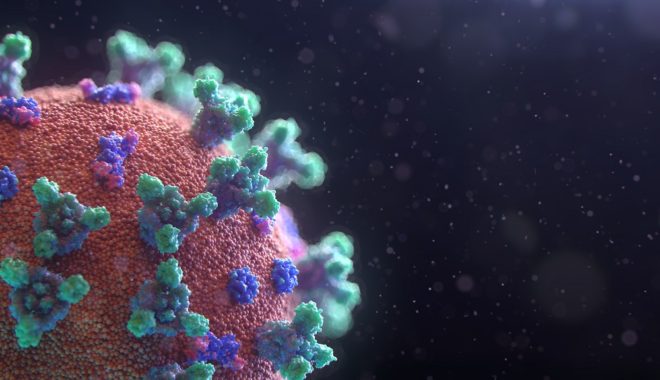
Researchers from across Science and Engineering South (SES) member institutions have joined the international response to the coronavirus in an effort to develop treatments, vaccinations and protect communities.
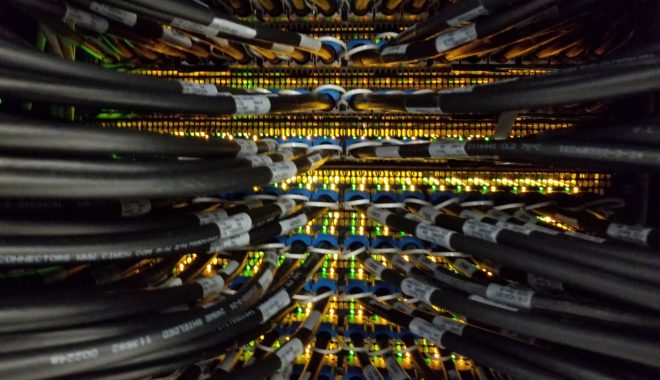
Researchers across the Science and Engineering South Consortium (SES) are to share the benefits of a £30 million investment in advanced supercomputing services.
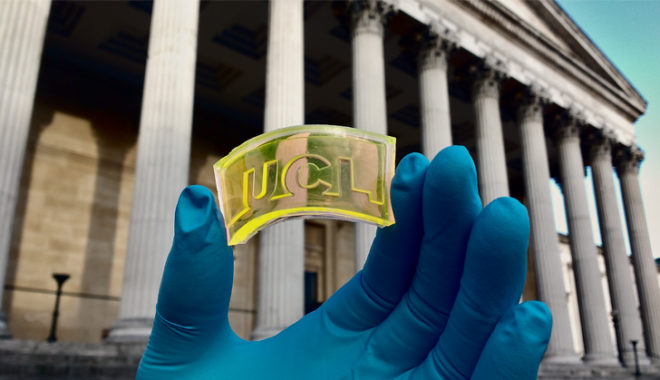
The science of light is the focus of a joint UCL-Cambridge University centre turning today’s PhD students into tomorrow’s industry innovators – and equipping them …
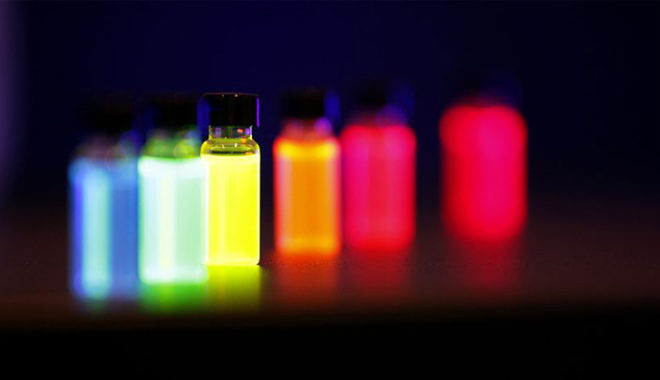
As part of a close and fruitful collaboration dating back to 2003, Rachel Oliver, Professor of Materials Science at Cambridge, and Robert Taylor, Professor of …
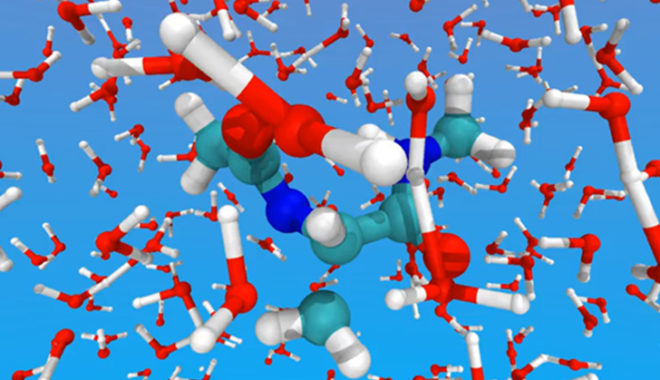
A unique computer code that can model systems comprising thousands of atoms is driving fresh scientific discoveries

UCL and Cambridge University are spearheading inter-institutional research aimed at generating new knowledge on the properties of electrons in nanoscale semiconductors – with equipment-sharing making …